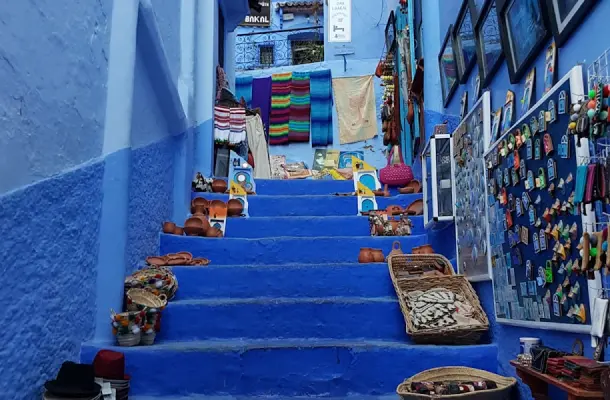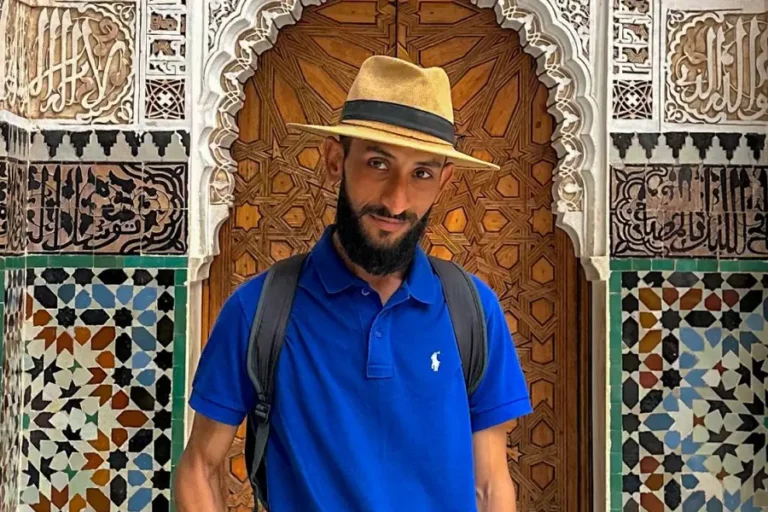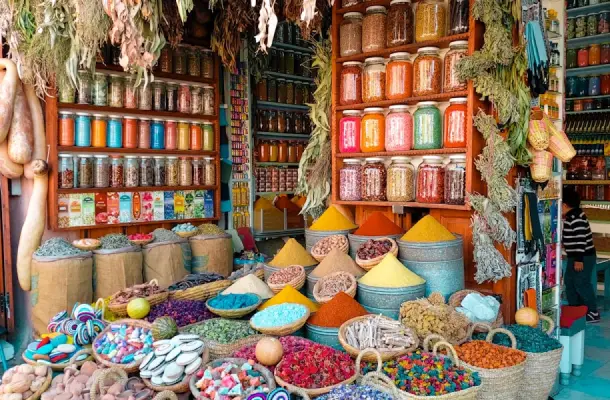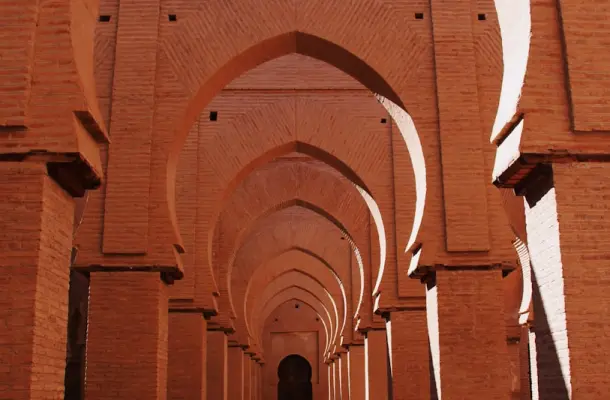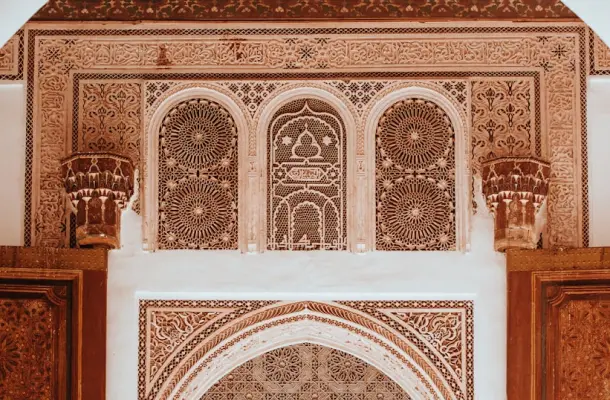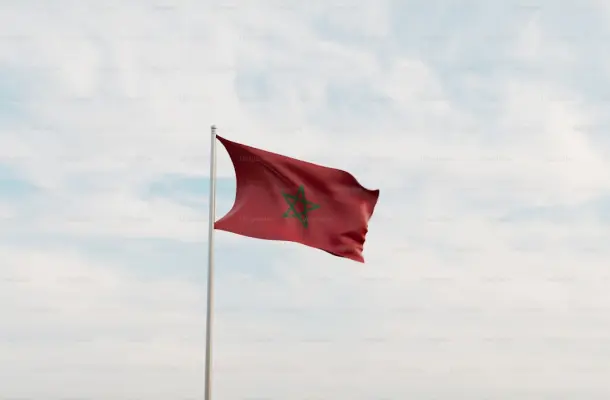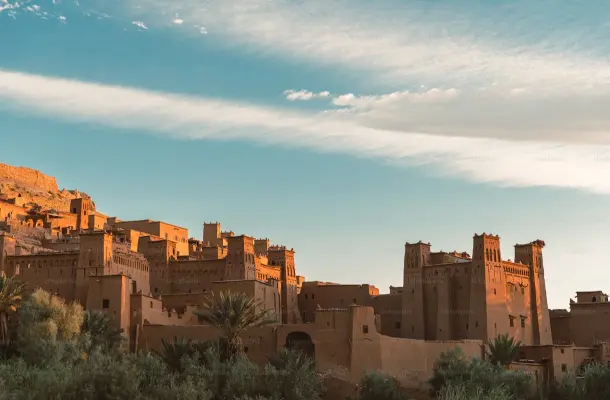Bargaining, or “haggling,” is a fundamental aspect of Moroccan culture, especially in the vibrant souks (markets) that dot the country. For visitors, this practice can be both exhilarating and intimidating. However, understanding how to engage in bargaining will not only help you secure the best prices but also allow you to immerse yourself in an authentic cultural experience.
Why Bargaining is Important:
In Morocco, fixed prices are often the exception rather than the rule, especially in markets, artisan shops, and smaller stores. Bargaining is expected, and prices are typically set higher with the understanding that they will be negotiated down. This isn’t just a transactional process; it’s a social interaction that reflects the local way of life. Engaging in bargaining shows respect for this tradition and can often lead to memorable interactions and even friendships.
Where to Bargain:
Bargaining is common in souks, where you’ll find a wide array of goods such as carpets, pottery, jewelry, spices, and leather goods. It’s also prevalent in smaller shops, especially those selling handicrafts and souvenirs. In larger cities like Marrakech, Fez, and Tangier, bargaining is almost a given in these settings. However, in modern retail stores, supermarkets, and high-end boutiques, prices are fixed, and bargaining is not appropriate.
The Basics of Bargaining:
- Start with a Smile: Approach bargaining with a positive attitude. A friendly demeanor can set the tone for a more enjoyable and successful negotiation. Moroccans appreciate politeness and humor, and these can be your allies in the bargaining process.
- Know the Value: Before you start bargaining, it’s wise to have a rough idea of what the item is worth. You can do this by browsing different stalls to compare prices or asking locals for advice. This will give you a benchmark to aim for and help you avoid paying too much.
- Let the Seller Make the First Offer: It’s customary to let the seller propose the initial price. This is often higher than what they expect to receive. From there, you can begin negotiating down. A good rule of thumb is to offer about half of the asking price and work from there. Remember, the final price will likely be somewhere in between.
- Take Your Time: Bargaining in Morocco is not a rushed affair. Take your time to enjoy the process. Sellers may offer you mint tea, and this gesture is an invitation to relax and engage in conversation, not just a sales tactic. Accepting the tea can be a polite way to take a break and assess your options.
- Don’t Show Too Much Interest: If you’re overly enthusiastic about an item, the seller may be less inclined to lower the price. Instead, show moderate interest and be prepared to walk away if the price doesn’t meet your expectations. Often, sellers will call you back with a better offer as you’re leaving.
- Be Ready to Walk Away: One of the most effective bargaining strategies is the willingness to walk away. If the price isn’t right, politely thank the seller and start to leave. This often prompts them to reconsider and offer you a better deal. If not, you can always find the same item elsewhere.
Cultural Sensitivity in Bargaining:
While bargaining is expected, it’s important to be respectful. Avoid overly aggressive tactics or insulting the seller’s initial price. The goal is to reach a mutually agreeable price where both parties feel satisfied. Keep in mind that for many sellers, especially in rural areas, these sales are a vital part of their livelihood.
Additionally, while it’s common to haggle over prices, it’s considered poor form to bargain over something and then not buy it if the seller meets your price. If you’re not seriously interested in purchasing, it’s better not to start the negotiation.
When Not to Bargain:
While bargaining is common in Morocco, there are times when it’s inappropriate. As mentioned earlier, fixed prices are standard in modern stores, supermarkets, and many restaurants. Additionally, when buying items like groceries or street food, prices are usually set and should be respected.
Enjoying the Experience:
Bargaining in Morocco should be seen as part of the overall experience, not just a means to save money. It’s an opportunity to connect with locals, learn about the culture, and perhaps hear some fascinating stories along the way. Even if you don’t get the exact price you were hoping for, the experience itself can be valuable and memorable.
In conclusion, bargaining in Morocco is a skill that enhances your travel experience, turning each purchase into a lively interaction. By approaching it with the right mindset, a bit of knowledge, and a sense of humor, you can navigate the souks with confidence and leave with both treasures and stories to tell.
